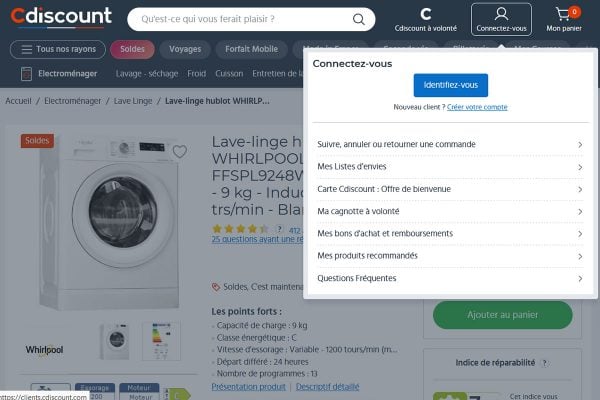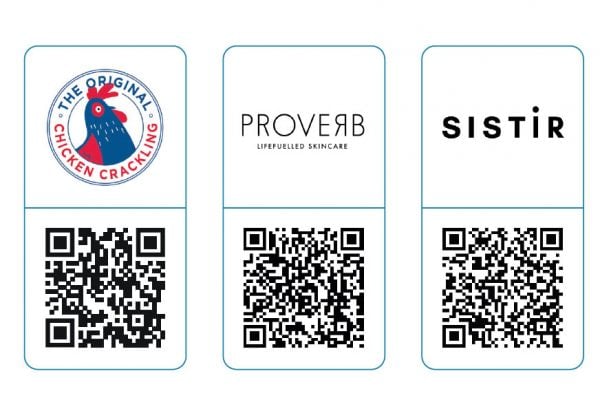Welcome to the fifth article in Intercultural Elements (ICE) series aimed at helping retailers expand their online sales abroad. We have already published the introduction, Cross Border Trade: The first steps are knowing where to go, Amazon Piggybacking and Up-and-coming markets.
Today ICE come back to Europe and take a look at French marketplaces:
Cross Border Trade: French Marketplaces
So you’ve done your research. Your listings are translated, localised and optimised. Your logistics are in place and you’ve got customer service and exchange rate optimisation covered too. Now that you’ve got everything sorted, you need to make sure you make the most of these resources.
In our last article, we spoke about the emerging regions of Japan and Mexico and how to take advantage of them. Closer to home though, Europe still offers lucrative expansion potential. And while Amazon and eBay are still very familiar names in the game, local marketplaces are growing strong in certain regions and consumers are shifting accordingly to these ‘alternative’ marketplaces.
A great example of this is in France. As a result of several specialised marketplaces, the market share in France is much more federated than in other countries, and therefore the e-commerce pie is split into many more slices.
Call it patriotism or simply a desire to support French-owned business, the French consumer is more likely to look past international companies such as Amazon and eBay and towards the likes of CDiscount, La Redoute and PriceMinister. All of these have developed their own niche and following, and are making them brilliant potential marketplaces to expand your business. And if you’ve already invested in translating & localizing for France, they are great additional ROI channels.
Of the many marketplace options available to you, you’ve got to determine exactly which one will be best for your brand, your product and the people managing your listings!
 Take La Redoute for example. It is the #1 fashion and home e-commerce marketplace website in France, with a regular consumer base and a huge social media following.
Take La Redoute for example. It is the #1 fashion and home e-commerce marketplace website in France, with a regular consumer base and a huge social media following.
The company was founded in 1837 as a catalogue distributor and has built up an incredible reputation across France – and parts of Europe – for having more expensive, but generally better quality products.
As a result of this, the demand to start selling on the more modern marketplace version of La Redoute is high. The criteria to start selling on there however, is even higher.
Ideally, La Redoute is looking for product manufacturers (rather than resellers) who have a high-end brand and can offer French-speaking telephone support (on a French local number). InterCultural Elements can offer both phone and e-mail customer service if you don’t already have these in-house. If you think from this that your brand might be appropriate for La Redoute, check out this article from ChannelAdvisor on the best ways to determine your suitability.
 At the other end of the spectrum is CDiscount. Founded in 1998, CDiscount focuses on providing more affordable products to the consumer and is now a major player in French e-commerce. Claiming to be the “fastest growing” French marketplace, CDiscount has a much larger range of categories and allows many more sellers to enter the market than La Redoute might.
At the other end of the spectrum is CDiscount. Founded in 1998, CDiscount focuses on providing more affordable products to the consumer and is now a major player in French e-commerce. Claiming to be the “fastest growing” French marketplace, CDiscount has a much larger range of categories and allows many more sellers to enter the market than La Redoute might.
Assuming the research has already given you an idea that your products are going to be more competitive than those of local sellers in France, CDiscount offers you a great opportunity to market your better-value products to consumers who are looking for the best deal. Tip: If you sell in categories like computer accessories, you could benefit from a lower commission than, e.g. Amazon France charges.
 Last, but definitely not least, is PriceMinister. Already an established marketplace before being acquired by the Rakuten group in 2010, PriceMinister is looking set for a massive growth in the near future as Rakuten continue to integrate their subsidiaries onto a common platform. As one of the most-visited e-commerce marketplaces in France, PriceMinister is a great choice to host your products.
Last, but definitely not least, is PriceMinister. Already an established marketplace before being acquired by the Rakuten group in 2010, PriceMinister is looking set for a massive growth in the near future as Rakuten continue to integrate their subsidiaries onto a common platform. As one of the most-visited e-commerce marketplaces in France, PriceMinister is a great choice to host your products.
Further to the almost partisan approach to local companies, the typical French consumer is put off by non-native appearance of a listing. This makes it essential to make ensure your advertising is translated and localised by e-commerce trained, native speakers. Furthermore, it is important to be able to offer professional customer service, ideally from native speakers, to ensure you can solve problems efficiently and maintain those ever-important ratings.
France isn’t alone in this; these are of course essential steps of expanding to any new international market but it’s important to remember that consumers in some countries may be more forgiving than others! Another example of this is China, which we’ll talk about more in our next article.











One Response
Hi we are operating a B2B marketplace called stokkly (we are based in the south of France) and we have a very knowledge of the french marketplaces because a lot of of our buyers are selling on this B2C marketplaces
In conclusion I would say :
– Go to Cdiscount, definitevely the #1 with Amazon in France (50% of the turn-over according to our buyers)
– La Redoute is great for fashion (others categories I don’t know).
– Priceminister will be back with the support of Rakuten and with a great team.
– Last but not least, you must pay attention in RueDuCommerce.com, which has been bought recently by Carrefour.
– In conclusion go tol FNAC.com and Darty.com, the 2 well knowns brands in high tech and home appliance.
Bonnes ventes en France 🙂